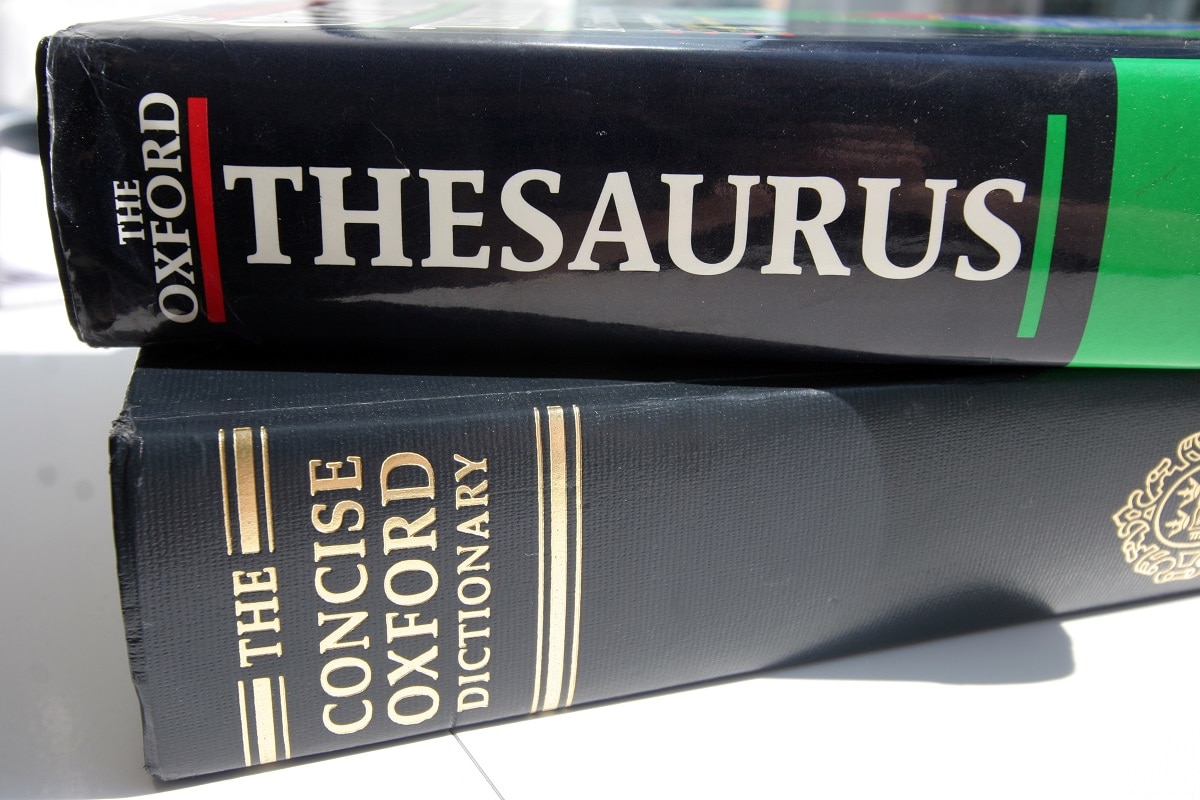
Public figures from writers to lawmakers launched a campaign on Friday to change a leading Italian dictionary’s “sexist” definition of a woman, which currently includes 30 different words for a sex worker.
About 100 high-profile Italians signed a letter demanding changes to the Treccani online dictionary after a similar campaign forced the Oxford English dictionary to alter its definition last year.
They argue that terms with negative connotations like “puttana” (whore) and “cagna” (bitch) should be dropped from a list of synonyms – and point out that the synonyms listed under “man” are broadly positive.
“Such expressions are not only offensive but … reinforce negative and misogynist stereotypes that objectify women and present them as inferior beings,” said the letter, published in the daily La Repubblica newspaper.
“This is dangerous as language shapes reality and influences the way women are perceived and treated.”
Treccani did not immediately respond to a request for comment.
In an online post in November, the publisher said dictionaries recorded how words were used, and that any derogatory terms were labelled as such.
“The dictionary does not select lexicon based on moral judgment or prejudices,” the post read. “If society and culture express negativity through words, a dictionary cannot refuse to document them.”
In November last year, the Oxford University Press updated the definition of ‘woman’ in its dictionaries after a similar petition signed by tens of thousands of people sparked a review.
The renowned English language dictionary was criticised for listing terms such as “bitch”, “bird” and “bint” as having a similar meaning to “woman”.
Maria Beatrice Giovanardi, the equality activist who initiated both campaigns, said Treccani’s definition was even more offensive, as it included 30 different terms to describe a sex worker.
“These words are simply not synonyms of the word ‘woman’. They can be the offensive synonyms of the word ‘sex worker’, but not of ‘woman’,” she told the Thomson Reuters Foundation by phone.
“It’s really a struggle to find anything positive in that definition, it’s very outdated,” added Giovanardi, an Italian national who lives in Britain.
Among the synonyms listed under the definition of man were “uomo d’affari” (businessman) “uomo di cuore” (man of heart) and “uomo d’ingegno” (man of genius), she said.
Giovanardi said she hoped the letter, signed by former lower house speaker Laura Boldrini and novelist Michela Murgia among others, would initiate a public debate on sexism in the Mediterranean country.
“Sexism is an everyday issue,” she said “And dictionaries are first and foremost an educational tool.”
No comments:
Post a Comment